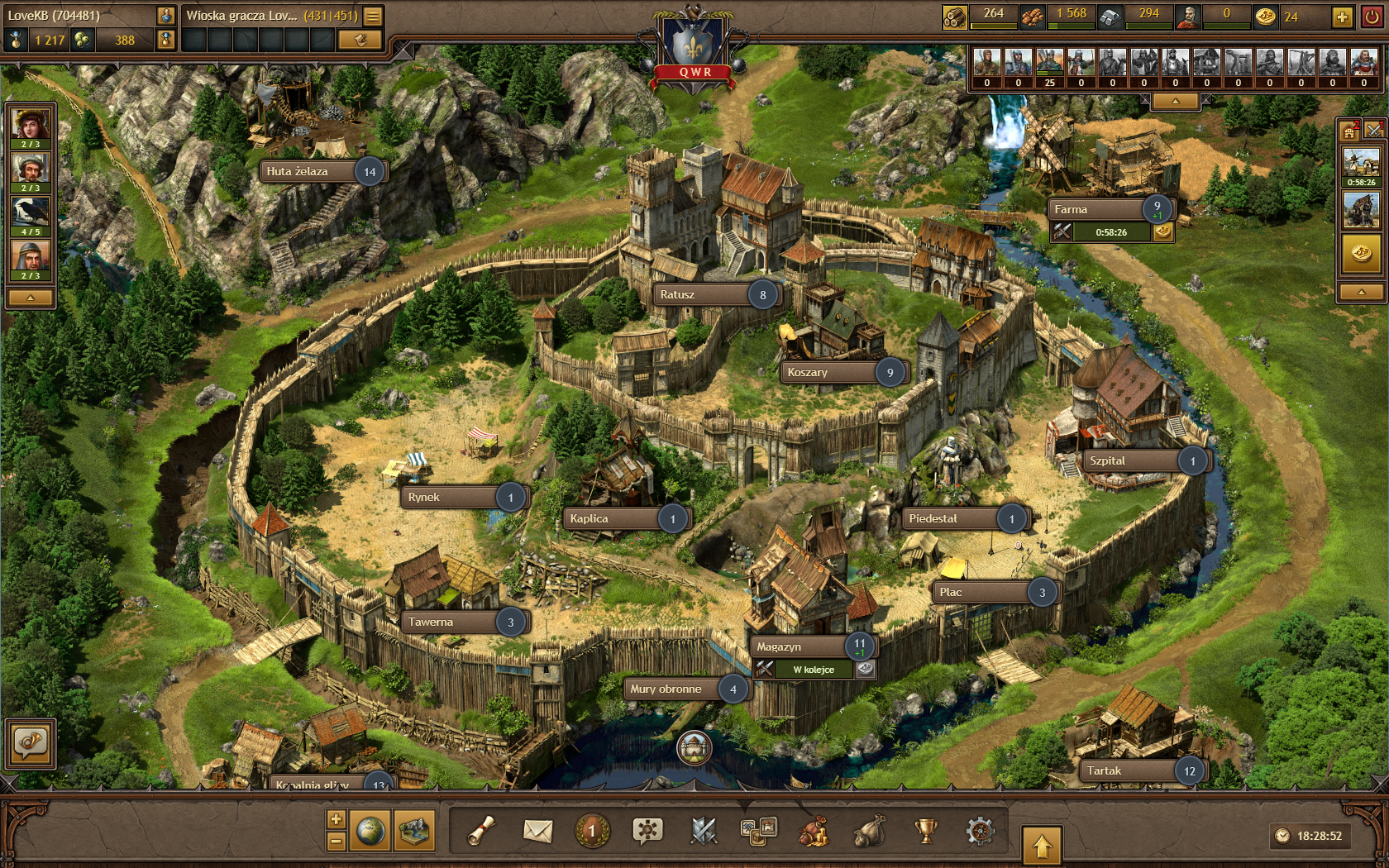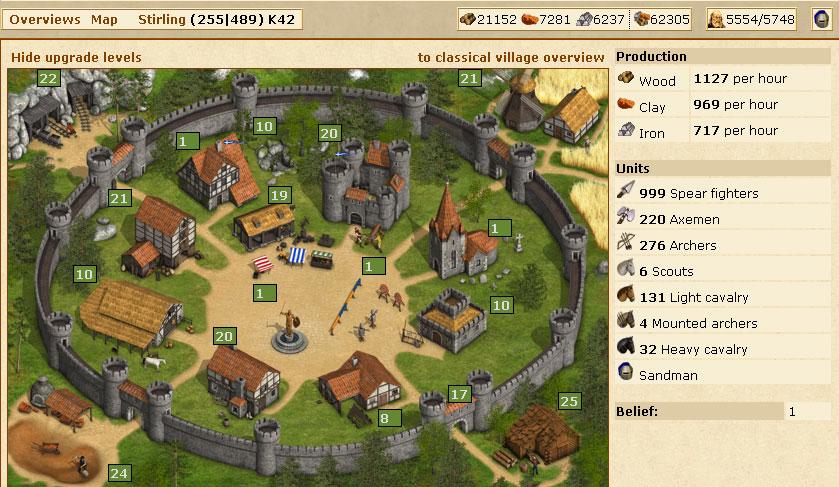
Most senators were members of the leading families in Rome, which in early times meant that they were Patricians.Ĭhart Showing the Checks and Balances of the Constitution of the Roman Republic. However, the fact that it was composed of men of long experience, including all the ex-consuls still alive, meant that a consul had to have very good reasons for going against its swishes.īy tradition the senate was composed of three hundred members, though in the early Republic this figure may well have been smaller. The senate was a council of the leading men of Rome it was already in existence under the kings, functioning as an advisory council and it theoretically continued as the advisory council to the consuls after the establishment of the Republic. This was the Roman senate, which, if it did not start out as such, soon became the central political institution of the republic. The power of the consuls was further circumscribed by the existence of a permanent institution of great prestige and authority. The overwhelming proportion of consuls in fact belonged to just a few patrician clans: the Claudii, the Cornellii, the Fabii, the Valerii and the Aemilii. The Patricians monopolized political and priestly offices in the state. In the early Republic, consuls all belonged to the Patrician order, that elite class of aristocratic landowners who dominated Roman society at that time. Throughout the long history of the Roman Republic, holding a consulship was the crown and glory of a senator’s political career. In the early Republic they also acted as chief judges.

The consuls were Rome’s most senior military commanders in time of war, and were the leading law makers and policy makers.


They were elected annually, which meant that no one person could hold such a powerful office on a long-term basis and the fact that there were two of them ensured that each consul acted as a check on the other’s power. These were, in effect, the chief executives of the Roman state. With the expulsion of the kings and the founding of the Republic, the king’s powers were divided between two magistrates, called consuls (some scholars think that this arrangement took some time to come about, but by the time Rome’s story emerges into the full light of history the consulate was an established fact of Roman government).


 0 kommentar(er)
0 kommentar(er)
